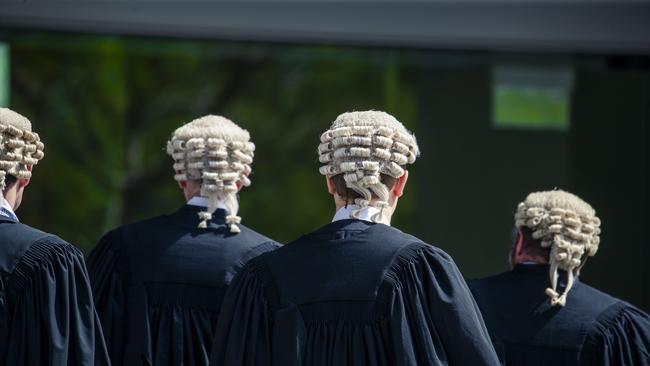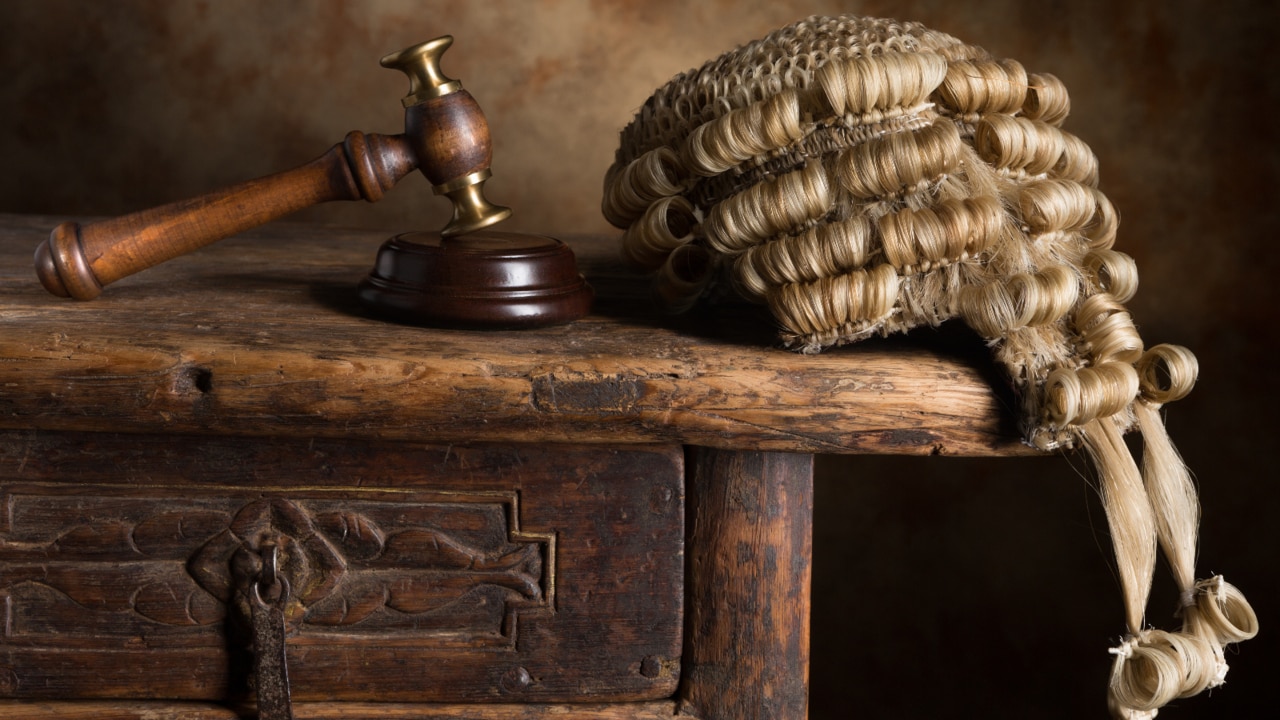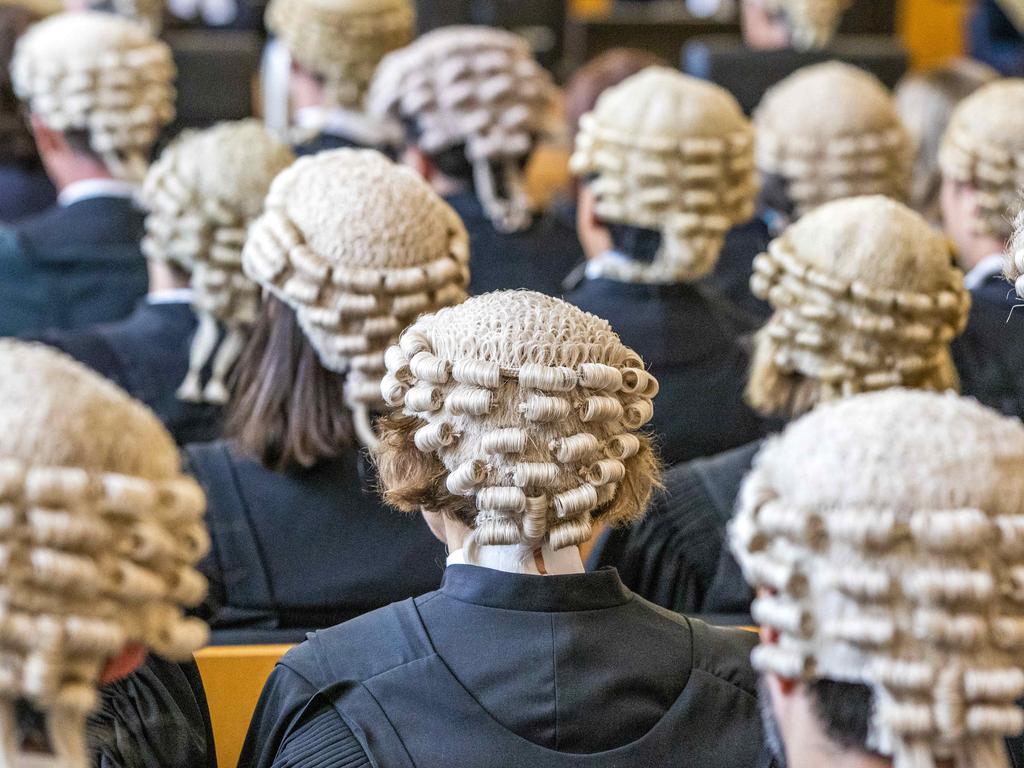Victorian Bar split over Yoorrook Justice Commission ‘cultural awareness’ submission
The Victorian Bar has told the Yoorrook Justice Commission of initiatives to support barristers who ‘identify as Indigenous’, including subsidised chambers rent and waiving a $7000 admissions fee.

A proposal for mandatory Indigenous cultural awareness training has caused a stir amongst Victorian barristers after the Bar Council told the Yoorrook Justice Commission about a series of initiatives to support barristers who “identify as Indigenous” including subsidised chambers rent and waiving a $7000 admissions fee.
An email circulating amongst barristers on Tuesday afternoon criticised the Victorian Bar Council for touting the initiatives that “have not been costed nor put to members for consultation”.
The Yoorrook Justice Commission, described as Australia’s first “truth-telling” body, is charting Victoria’s road map towards an Indigenous treaty, and has been tasked with investigating and creating a public record of injustices experienced by Aboriginal and Torres Strait Islander people in the state.
King & Wood Mallesons lawyers acting for Yoorrook penned a letter to Bar President Georgina Schoff KC in early March requesting the Bar provide a response in relation to initiatives encouraging Indigenous cultural awareness and supporting Aboriginal barristers.
A 19-page response was sent to Bar councillors for a vote last month, indicating that the Bar is considering “including Aboriginal and/or Torres Strait Islander cultural awareness training as a mandatory requirement of continuing professional development for practising legal practitioners.”
The response said the Bar was collaborating with the Victorian Legal Services Board and Commissioner on an “an Indigenous cultural capability training project” with aims to improve “the quality of legal services provided to Indigenous clients by barristers” and boost “barristers’ understanding, skills and confidence to engage with Indigenous peoples in a holistic, culturally safe and effective way.”
It also said the Readers’ Course - a compulsory program for barristers joining the Bar - had incorporated “dedicated and recognised training” in Indigenous cultural competency, as per recommendations made as part of an inquest into the death of Yorta Yorta woman Veronica Nelson in custody in early 2020.

Barristers who “identify as Indigenous” can have the $7000 fee associated with the Readers’ Course waived, the response stated.
“In 2022 and 2023, the Bar waived the fee for three Indigenous Readers who completed the Readers’ Course and were provided information about subsidies and financial support available for Indigenous people at the Bar,” it reads.
Indigenous barristers can also receive subsidised rent for chambers “for the first twelve months after they leave their mentor’s chambers at the conclusion of their Reading period.”
But barristers last month raised serious concerns about the way in which the Bar responded to the Yoorrook request.
Bar councillor Mark Robins KC sent an email to council members saying he was “troubled by responding to interrogatories as to matters, both past, present and future, which interrogatories extend well beyond a power to request document production.”
As such, he chose to abstain from a vote on whether the Bar’s response should be given to Yoorrook.
Lana Collaris, on the same email thread, said she was concerned that two councillors who had been briefed by the State of Victoria in the Yoorrook Justice Commission may be conflicted in voting on the response, but her concerns were not discussed further.
The Bar Council ultimately voted in favour of the response being provided to Yoorrook.
Days later, Ms Collaris sent an email to a separate group of barristers raising further issues about the Bar’s response to Yoorrook.
“The response promises a range of initiatives that have not been costed nor put to members for consultation and was provided to Yoorrook in circumstances where it was unnecessary to do so,” she wrote.







